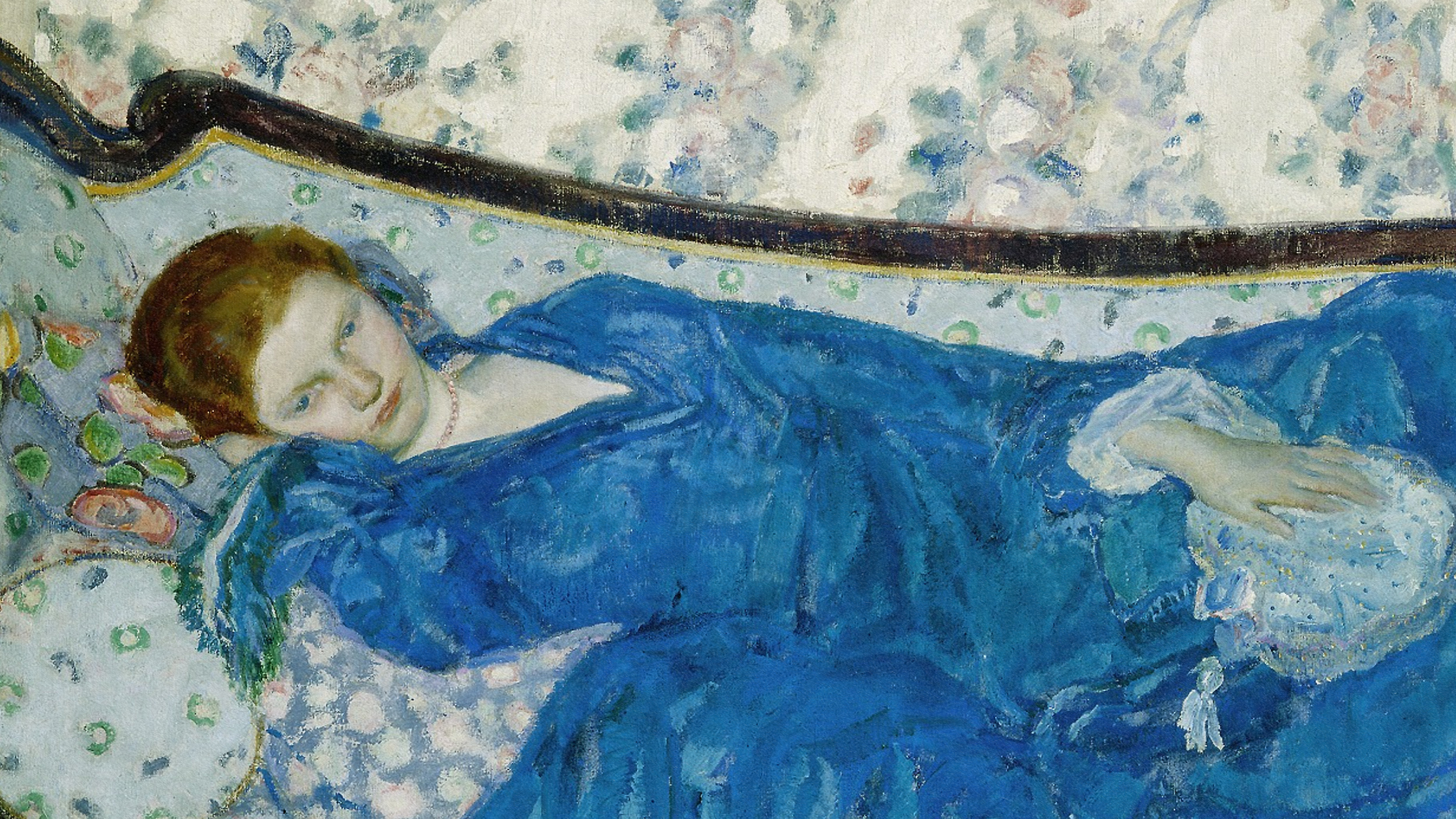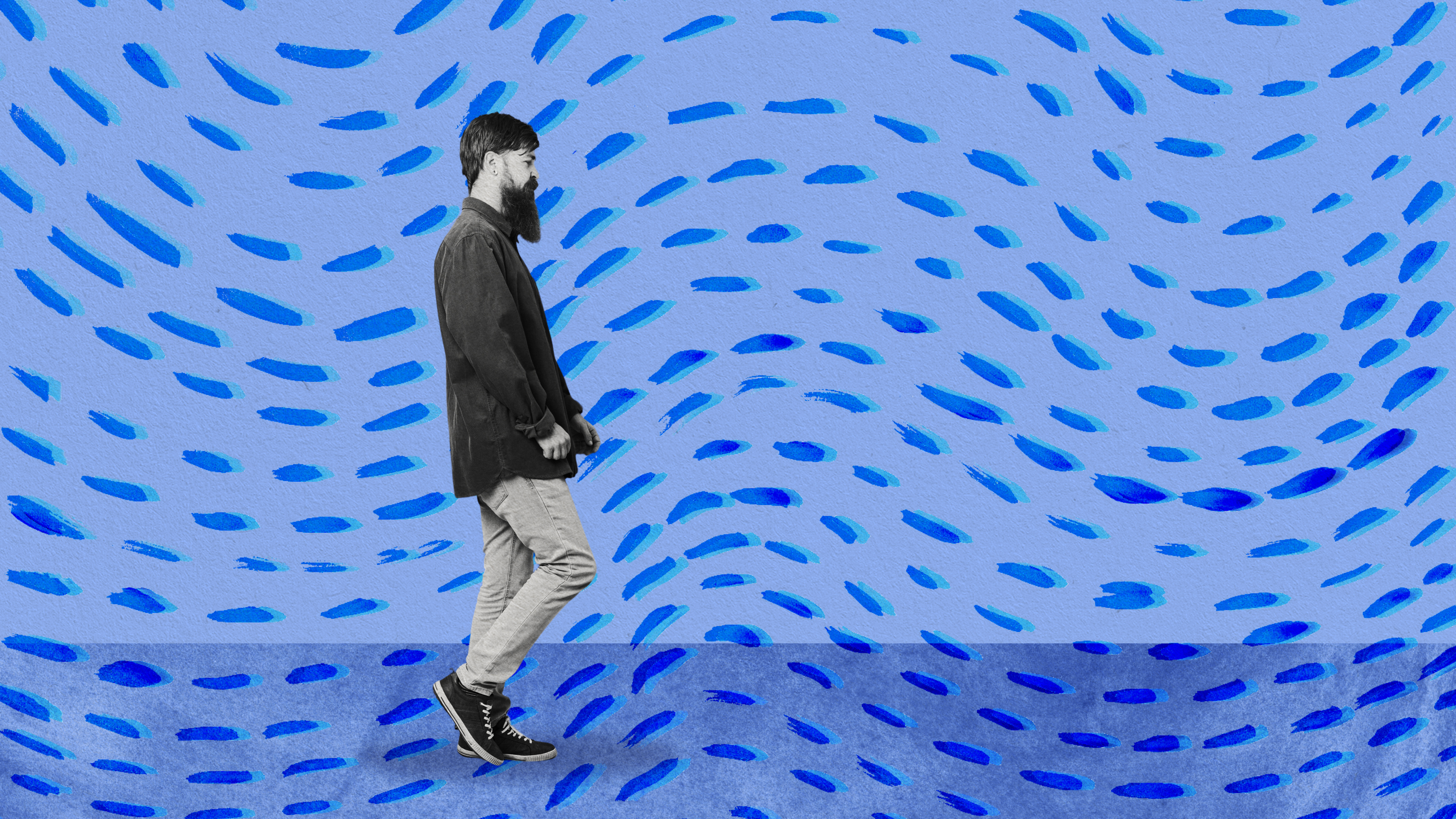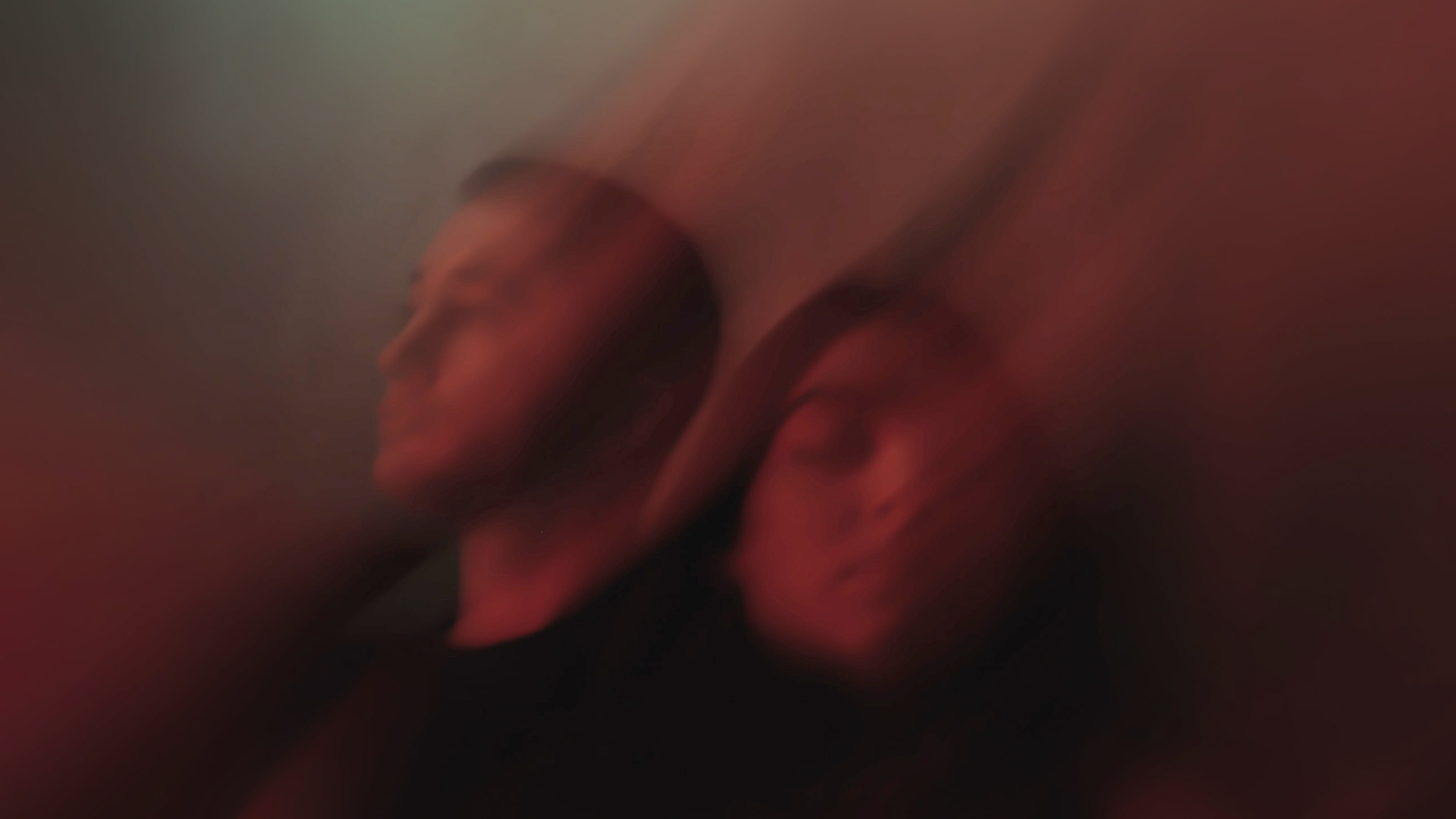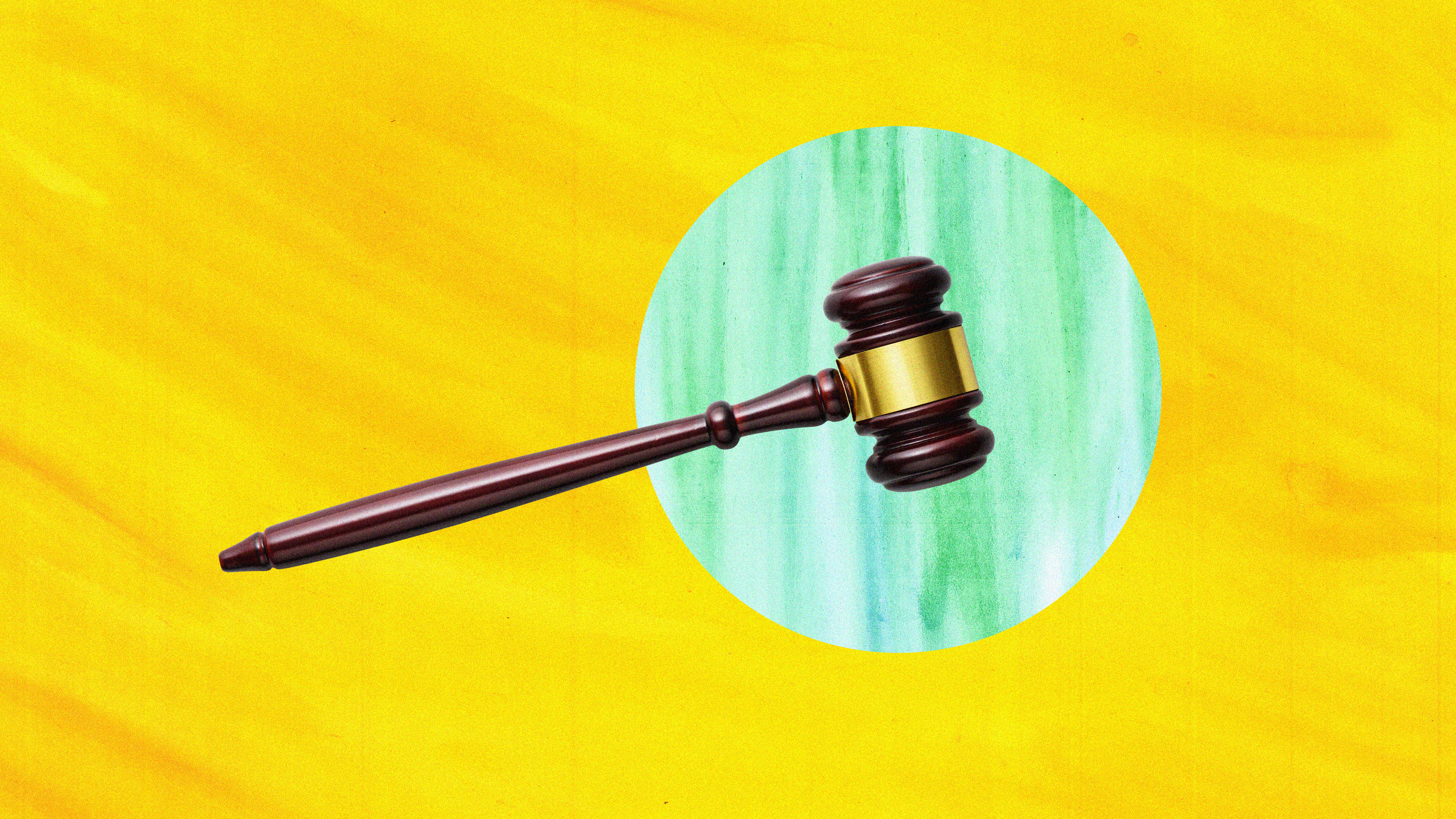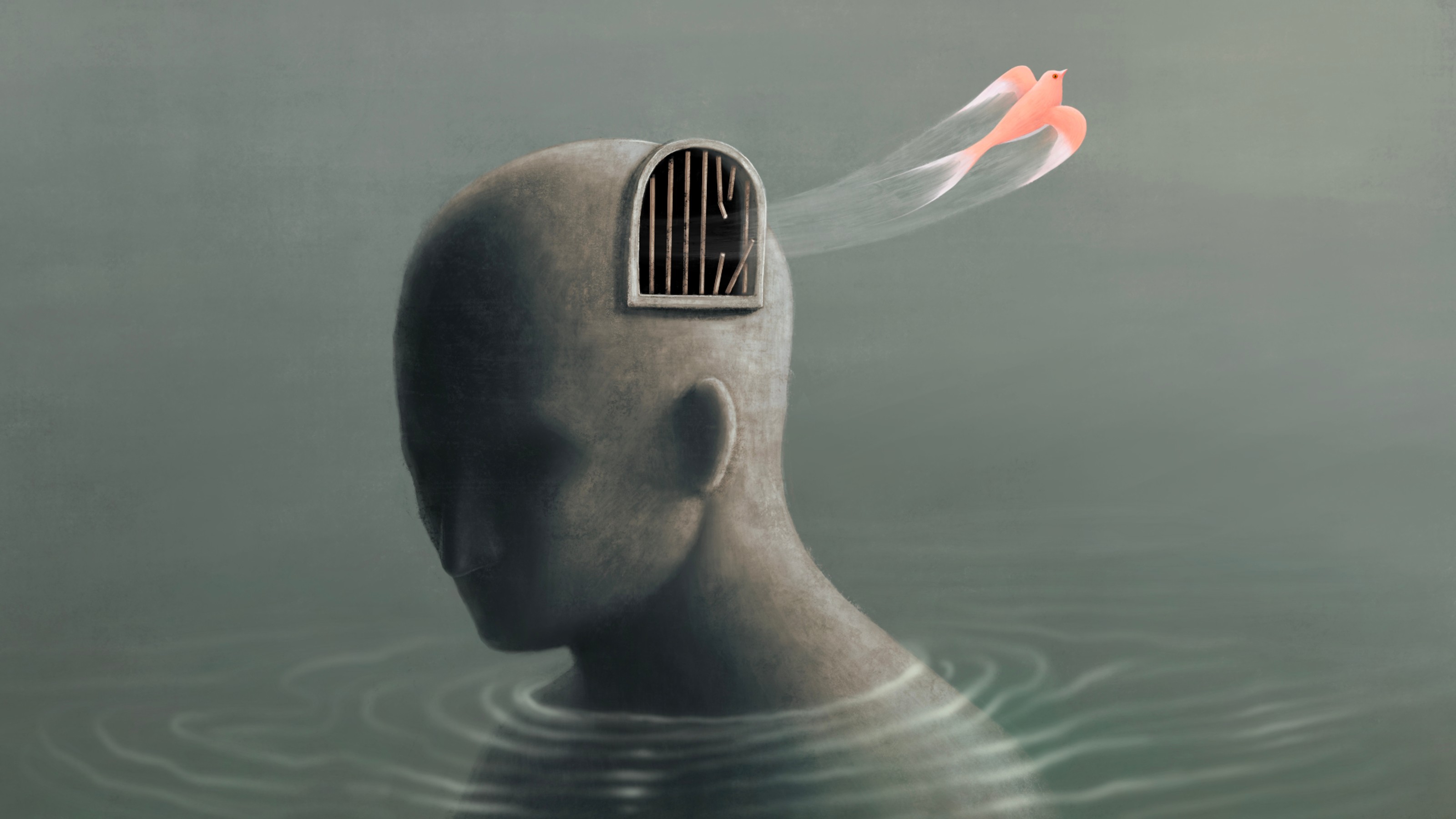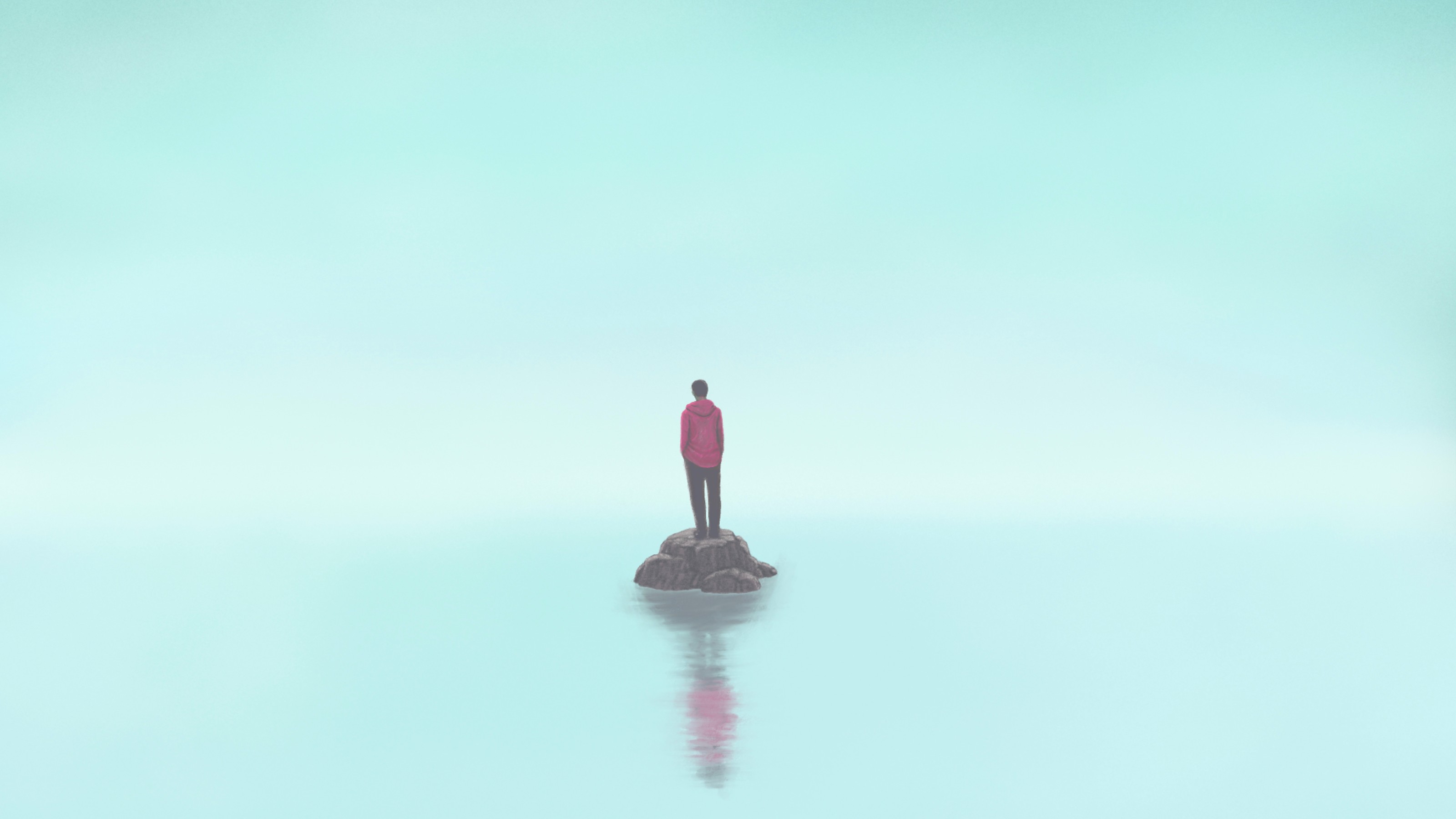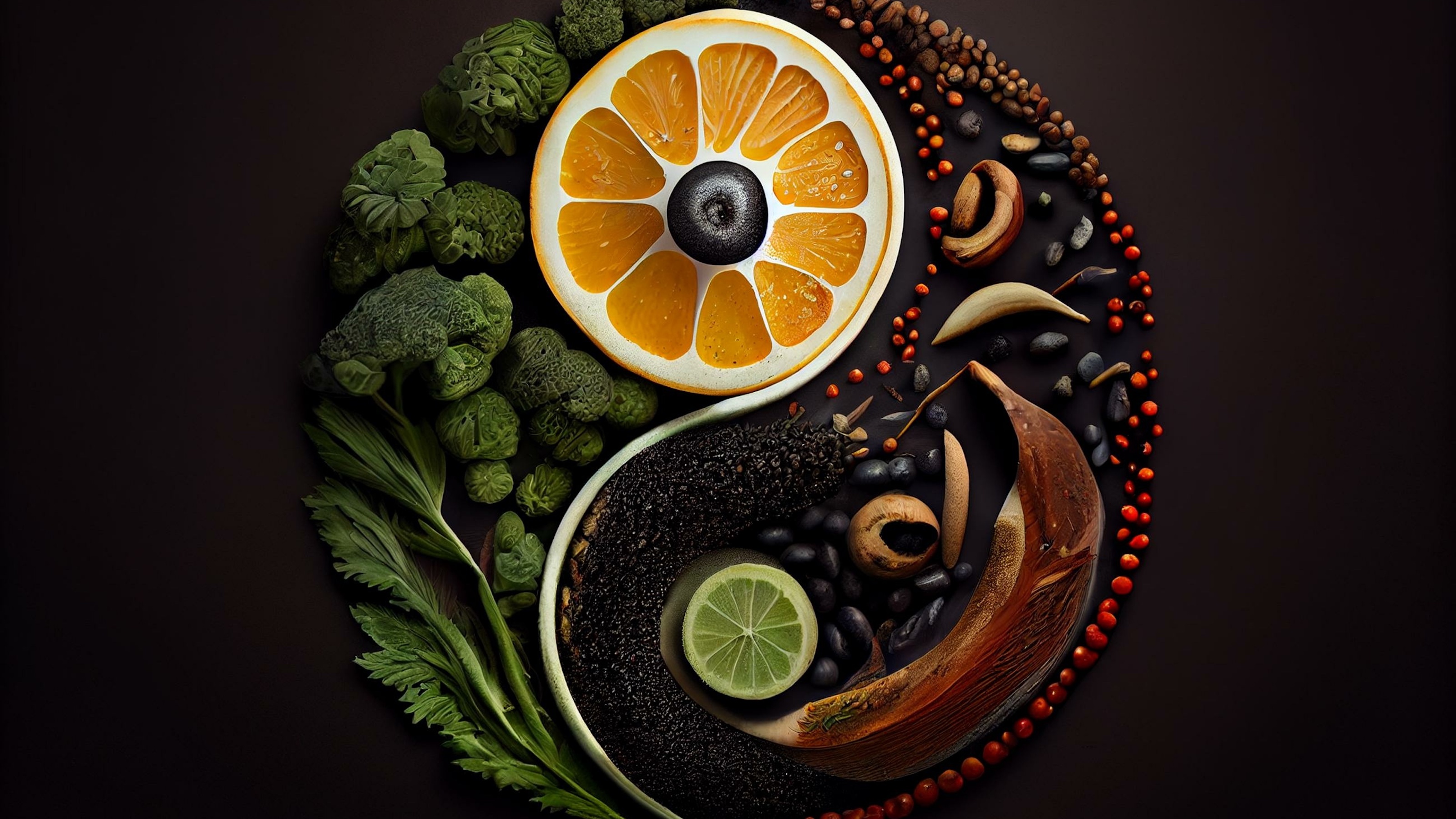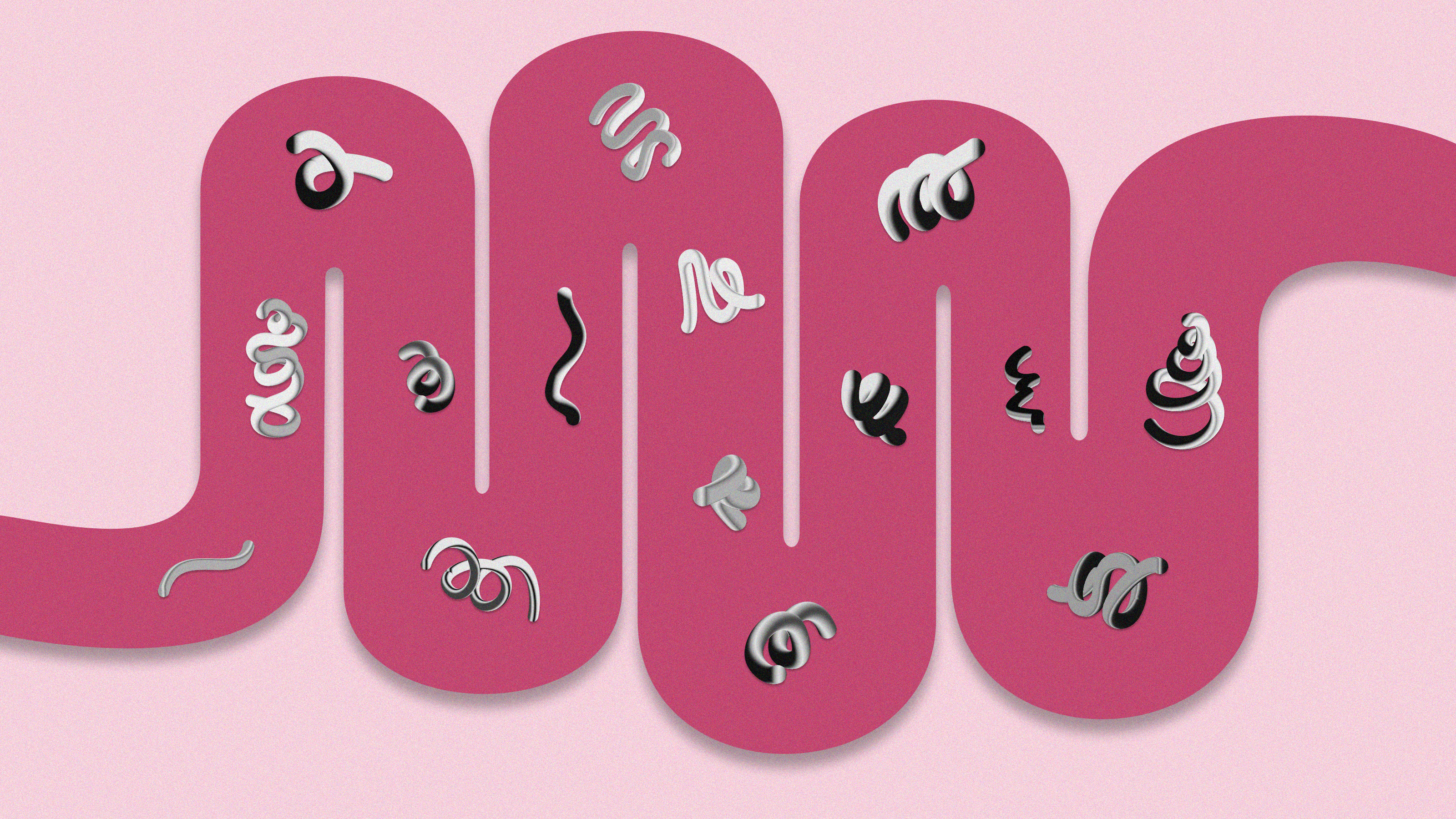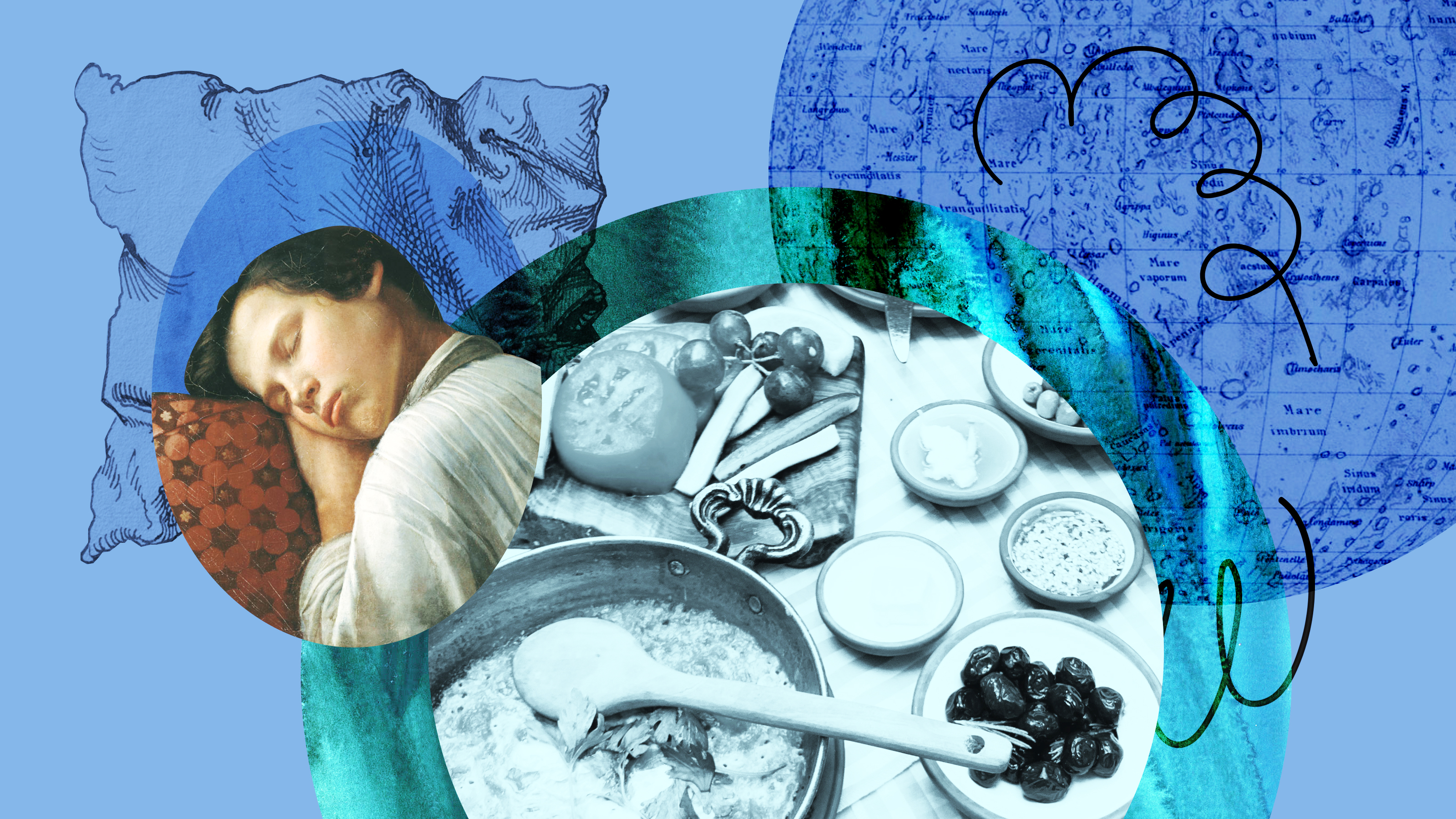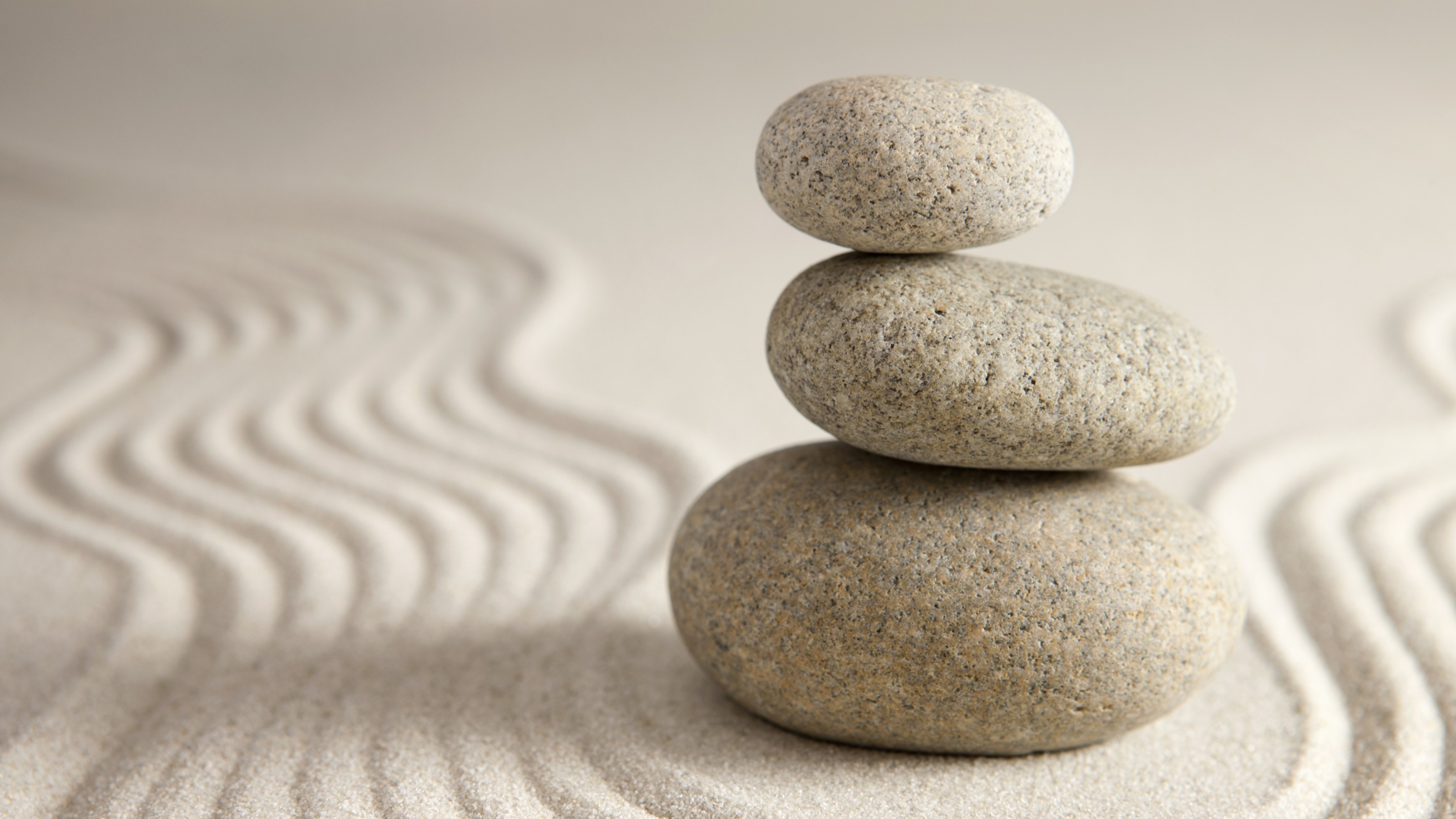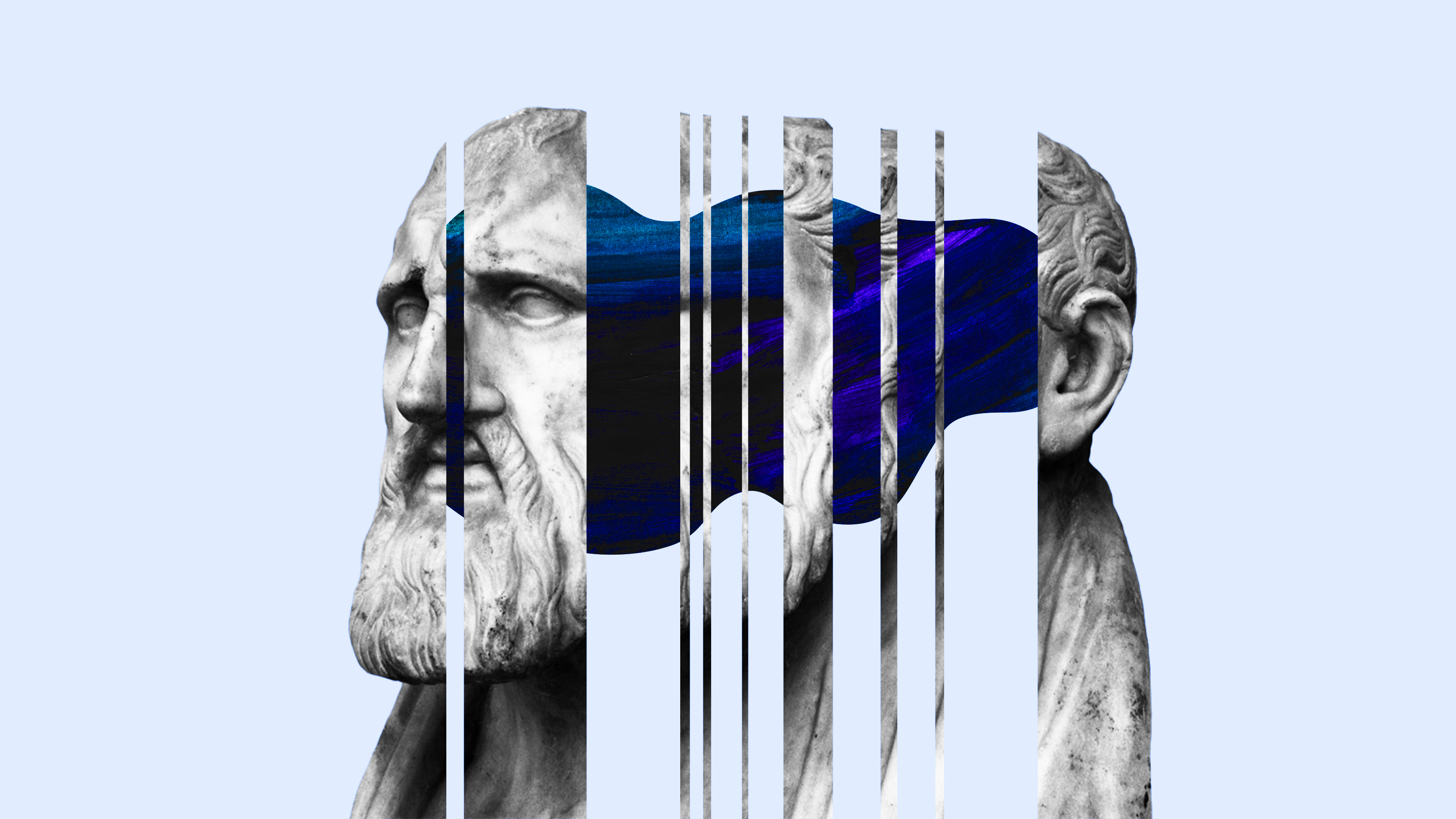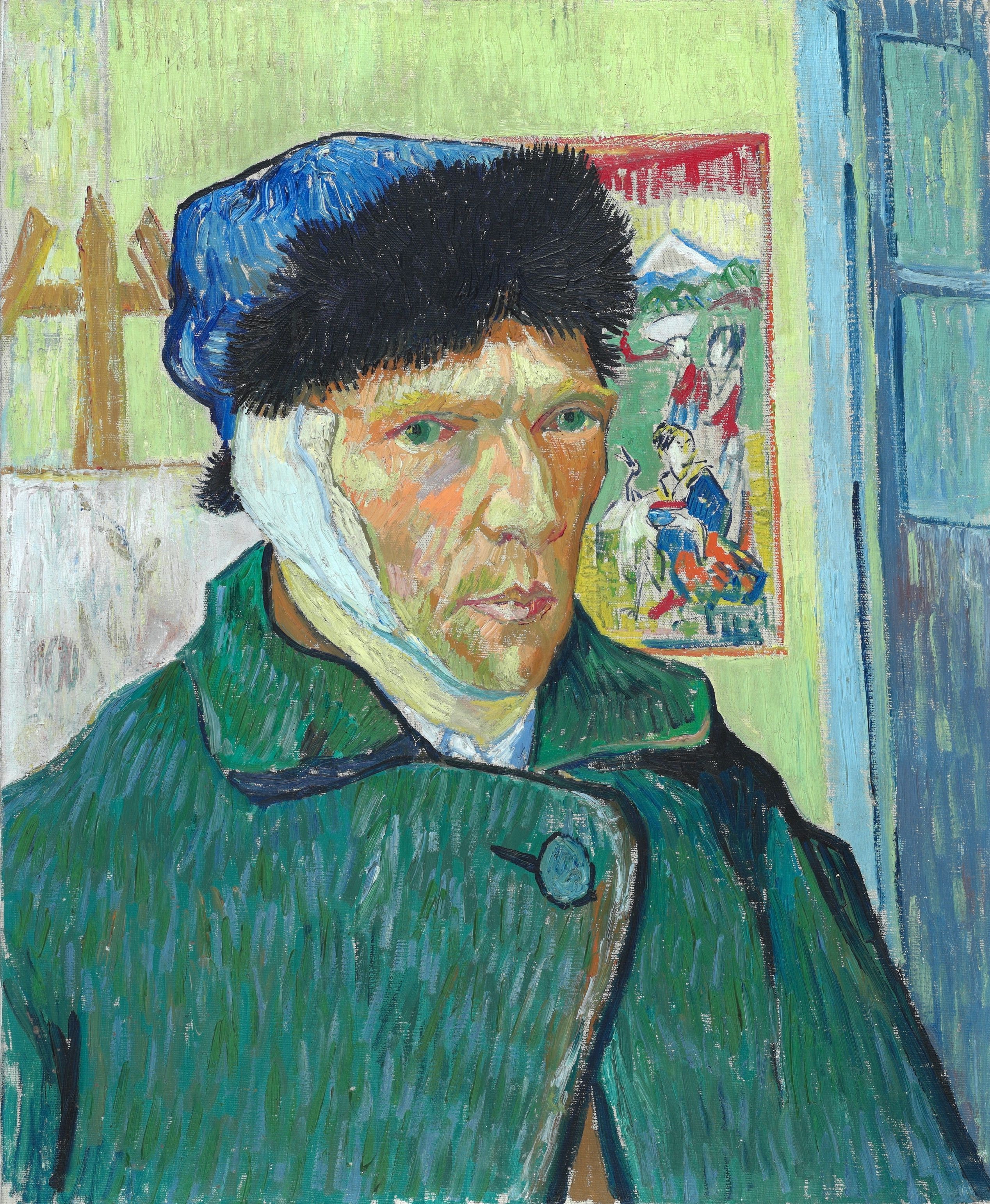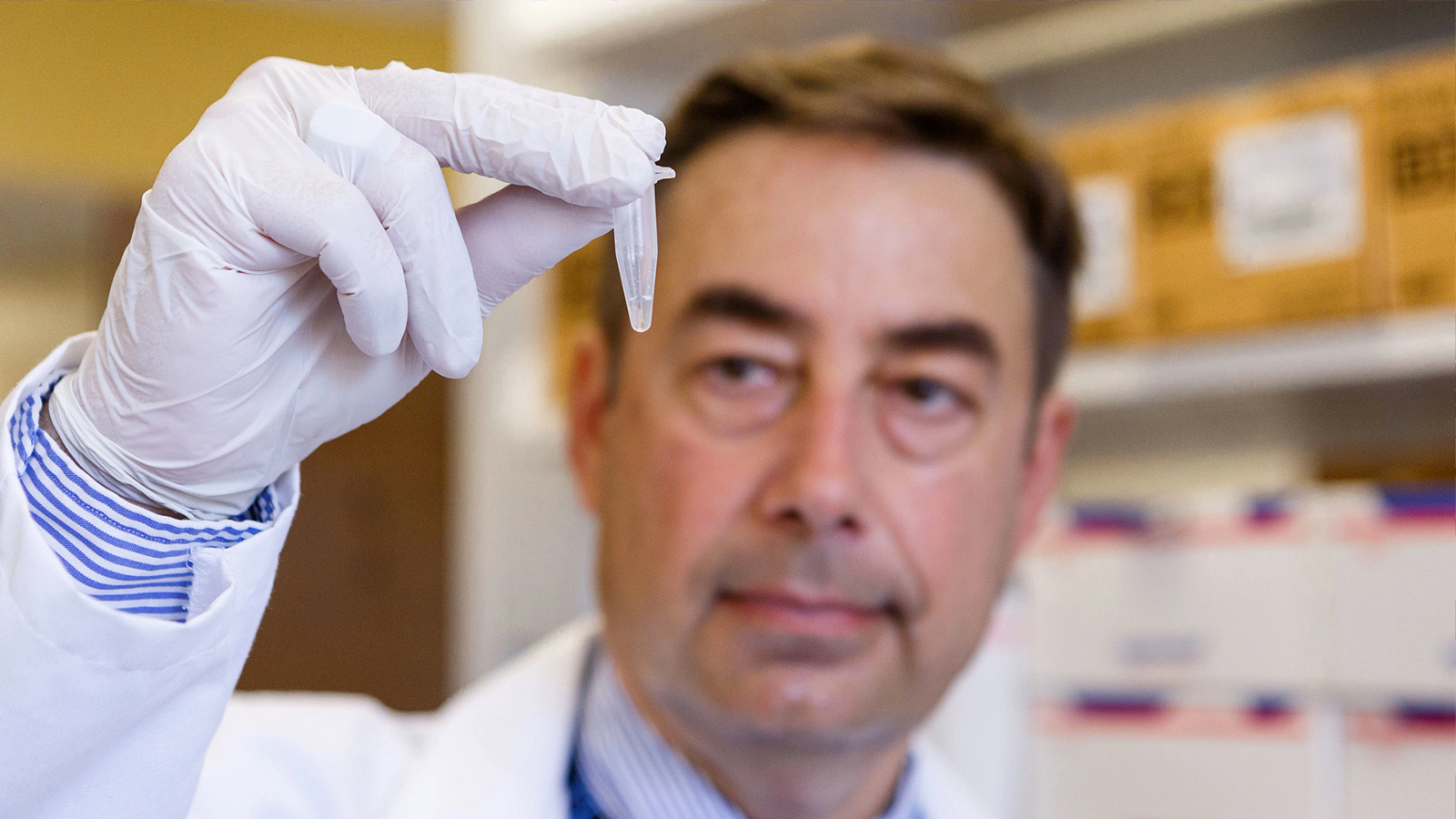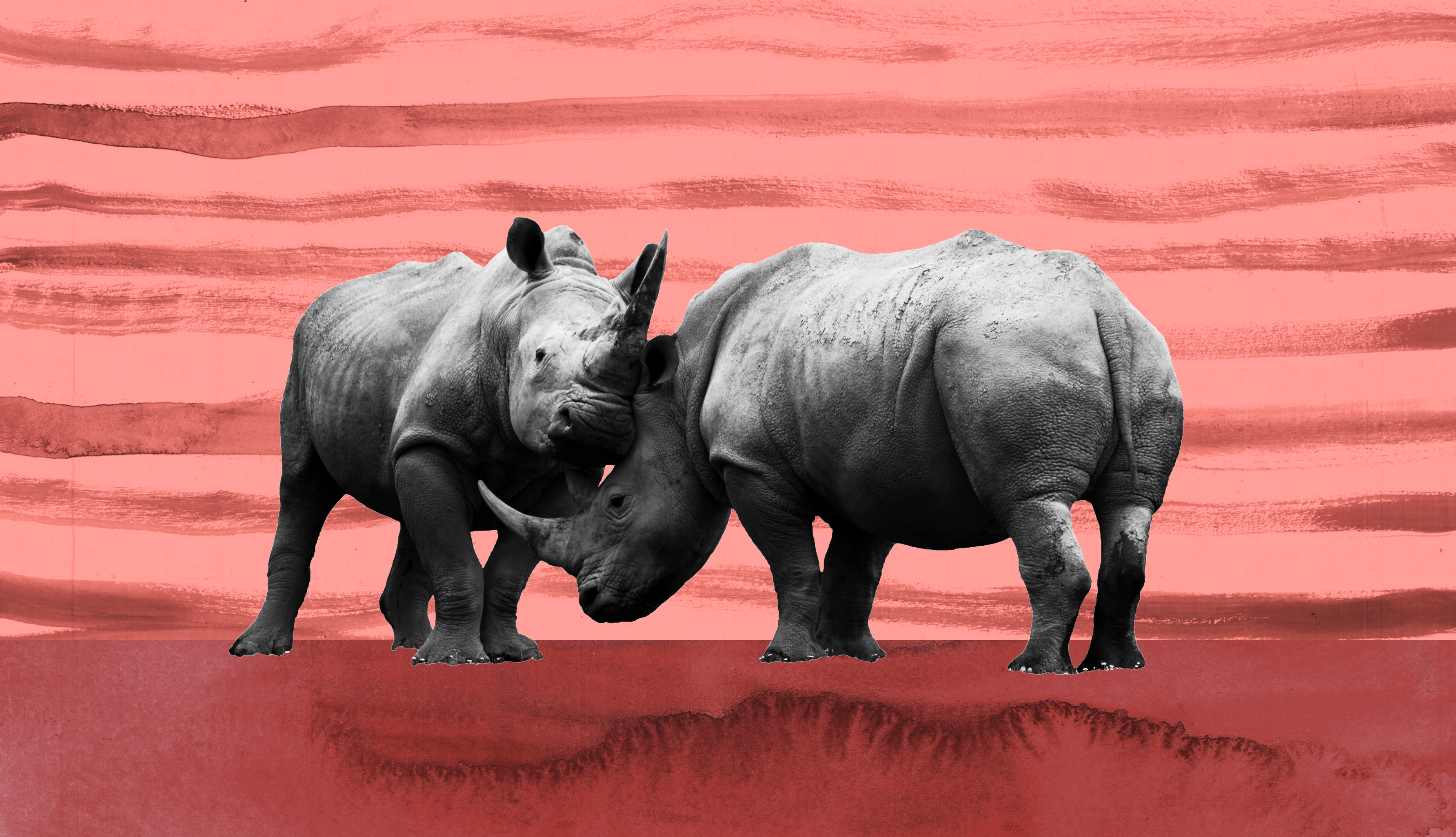mental health
The Serenity Prayer is nice — until the missiles come raining down on your city.
“Human connection is as threatened by unhealthy peace as it is by unhealthy conflict.” —Priya Parker
The National Suicide Prevention Lifeline relaunched last year with a new number, yet few Americans are aware of the helpline and its purpose.
A series of charts shows how prevalent different mental illnesses are across the globe — but how we define them matters.
You’ll be able to sleep through a war.
Impossible standards and poor self-understanding are making us miserable.
“Uitwaaien” is a popular activity around Amsterdam—one believed to have important psychological benefits.
Neuroscientists and artists alike are making the case that we could transform the world through psychedelics.
Your brain isn’t wired for happiness — but you can change that, explains Yale scientist Laurie Santos.
▸
9 min
—
with
Philosophers Massimo Pigliucci and Greg Lopez discuss how Stoicism can help us gain perspective on our emotions and act with intention in the world.
A part of human nature needs to be challenged and feel strong. Today, we fulfill that need with “surrogate activities.”
Memory, responsibility, and mental maturity have long been difficult to describe objectively, but neuroscientists are starting to detect patterns. Coming soon to a courtroom near you?
Emotion dysregulation has been linked to unhealthy risk-taking, relationship challenges, and negative physical health outcomes.
Meditation can put you in a wiser relationship with life.
The hallucinations that characterize schizophrenia may be due to a “reality threshold” that is lower than it should be.
Claims of a “loneliness epidemic” aren’t based on robust data. Loneliness might be a problem, but it’s not worse than it was in the past.
De-urbanized lifestyles can be aligned with basic Taoist principles — and remote workers are starting to feel the connection.
Striking differences in the composition of the gut microbiome suggest that fermented food could help those suffering from anorexia.
More than a third of Americans don’t get enough sleep. Diet is an important, under-recognized culprit.
Nagomi helps us find balance in discord by unifying the elements of life while staying true to ourselves.
Journaling helped Marcus Aurelius cultivate the emotional intelligence necessary to steer Rome through turbulent times.
A study shows that the brains of lonely individuals respond in odd ways to visual stimuli, while those of non-lonely people react similarly.
To understand Vincent van Gogh, we must first debunk the myth of the tortured artist. Van Gogh believed his illness inhibited his creativity.
The lack of friendship is particularly a problem for men. But there are easy ways to make friends.
Ketamine-assisted psychotherapy utilizes a non-ordinary state of consciousness to heal.
Long-term research efforts have revealed alarming mental health trends.
Awe-inspiring moments can be found in our daily lives, and they have surprising benefits for our health and sense of well-being.
A blood test to diagnose mental illness is a “holy grail” of psychiatry.
High-conflict people are found in all walks of life. Learning how to identify them, and what to do next, can save you much emotional turmoil.





